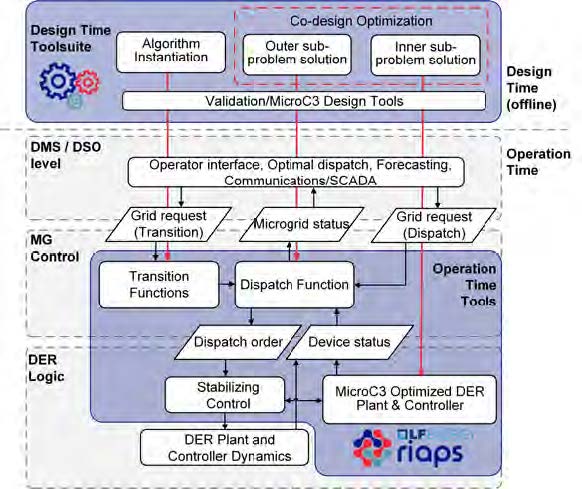SCC: CIVIC-PG Track B: Community-based Gunshot Alert System
Gun violence and the reckless use of firearms have been a pervasive and growing problem in the United States, especially in low-income communities and communities of underrepresented minorities. The problem has only become exacerbated by increasingly permissive gun control laws, easy access to firearms, and an increasing mistrust of law enforcement that often inhibits reporting by the community.

 Today’s microgrids are one-off configurations of commercially available equipment and some custom software that implements some microgrid control functions, as well as integrates the components.
Today’s microgrids are one-off configurations of commercially available equipment and some custom software that implements some microgrid control functions, as well as integrates the components.